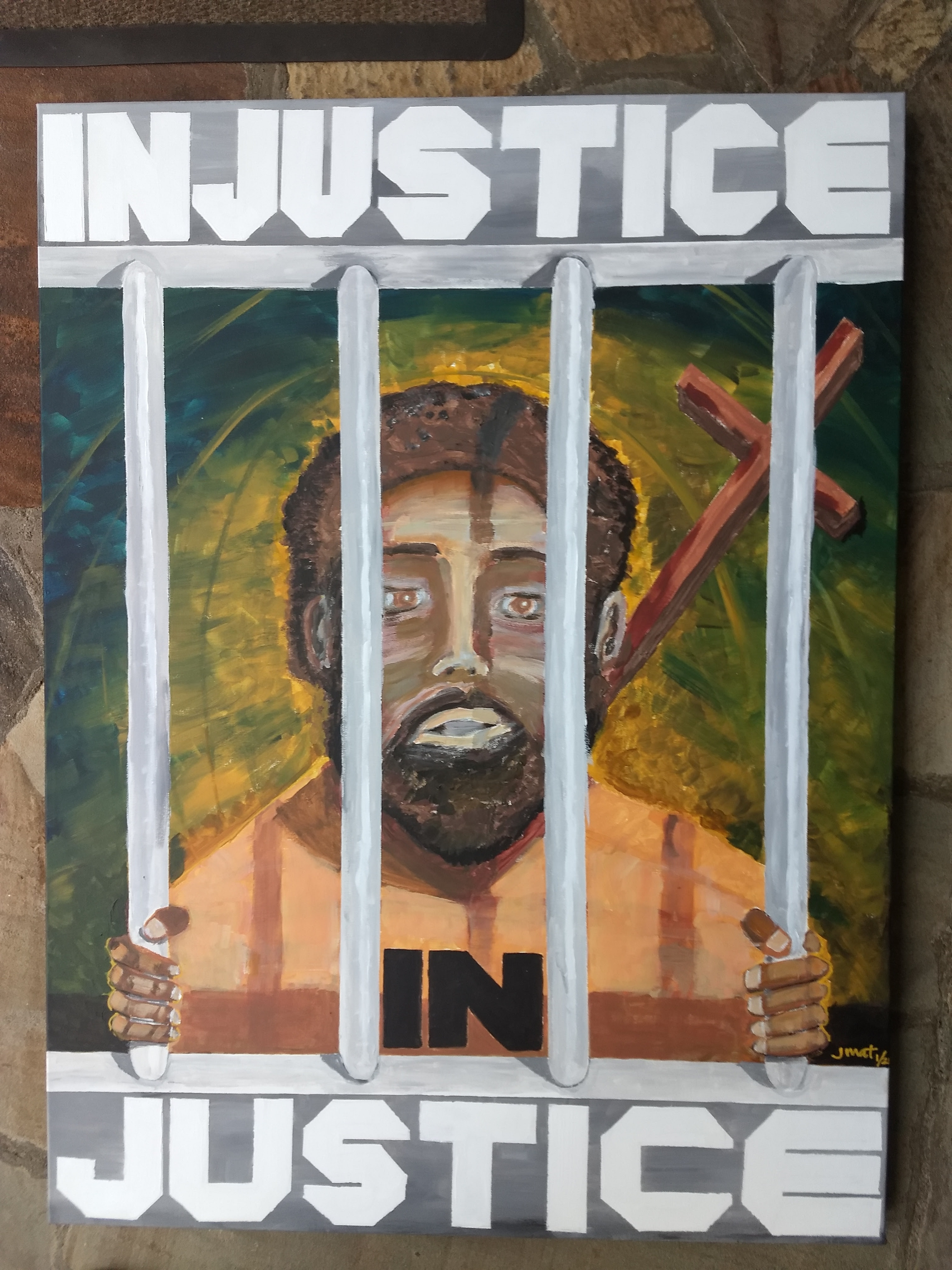Seventeenth Sunday in Ordinary Time
St. Paul, the first of the preachers to the Gentiles, was also:
- the first to bring the Gospel of Jesus Christ to the Greek – speaking world and eventually to Rome, then the center of the universe;
- the first to write accounts of his radical conversion to the reality of Jesus Christ as Lord of the universe; and,
- the first to be martyred for holding a passionate belief in the reality of Jesus as the face of God in time …
- Paul was also the first of Jesus’ followers to identify himself as a “prisoner” … jailed for some two years for preaching Jesus’ teaching
Simon Peter, the one Jesus chose to be the “rock” upon which the Christian church was to be built, also spent time as a prisoner.
Jesus himself was imprisoned by Pontius Pilate, as were many of the original Christians.
The early Christians who weren’t imprisoned spent much of their time going to the jails to bring food and clothing to those who were inmates.
Imprisonment, still a sad present-day reality, has been described by one 21st century inmate with these heartbreaking words:
“Prison is like dying with your eyes open.”
Wikipedia reports that the United States of America has the largest prison population in the world, and the highest per-capita incarceration rate. In 2015, 2,173,800 American adults were incarcerated in State prisons and county jails!
In addition, there were nearly 55,000 juveniles incarcerated at that same time.
“Prison is like dying with your eyes open.”
And incarceration is not the only prison.
In today’s Gospel reading we hear the story, found in all four Gospels, of Jesus feeding some five thousand people. Notice in this Gospel story that Jesus doesn’t just simply meet the requirements for feeding a crowd. He lavishes food on them! He fills them up to the point of having leftovers!
This is a story about abundance, about extravagance.
Here, Jesus demonstrates that even in the midst of poverty, even in the midst of those times when we feel like we’re “dying with our eyes open,” he can feed us in ways that will nourish us, rejuvenate us, refresh us – not only physically, but spiritually as well.
Jesus not only wants to set us free from hunger – both physical and spiritual. He also wants us to have so much left over that we are willing to share with those who are deprived, those who are endlessly hungry – just like the first followers of Jesus did.
Jesus even goes so far as to implore us to “Gather the fragments left over, so that nothing will be wasted.”
What are we to do with what is “left over”?
Pope Francis makes a strong recommendation:
“I encourage everyone to reflect on the problem of thrown away and wasted food to identify ways and means that, by seriously addressing this issue, are a vehicle of solidarity and sharing with the needy.”
Again, the earliest Christians did just that. They took the leftovers and brought them to the jails to feed the prisoners. And with that food, came the comfort of their presence, the compassion of their hearts, the sense of solidarity with a cause.
Today our prisoners are fed only basic nutrition. What they really need is a sense of caring, of interest, of hospitality, of generosity of spirit, of the promise of hope – so that their sense of “dying with their eyes open” will be replaced with a conviction that they are cared for and prayed for.
This is what Jesus intended when “he took the loaves, gave thanks, and distributed to them …” to create a miracle.
We are each invited to do the same with our lives.
Take what’s given. Give thanks. Share with others.
And what we will find is that there will be so much “left over,” so much “more than they could eat,” that we will be filled to the brim with a joy we didn’t know was possible.
What we will find is the creation of a miracle.
Ted Wolgamot, Psy.D.





